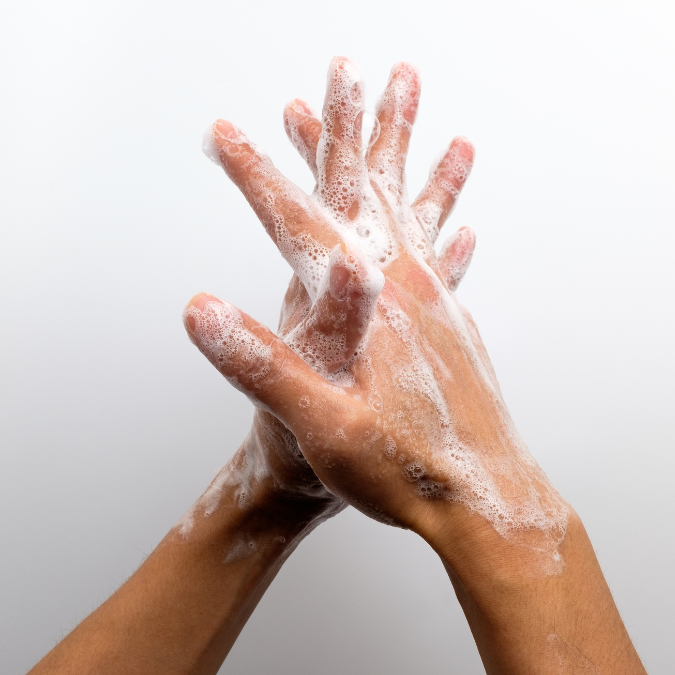In our pursuit of cleanliness and hygiene, antibacterial soap has become a staple in many households. We’ve been led to believe that these products are essential for killing germs and keeping us safe from harmful bacteria. However, emerging research and expert opinions suggest that the use of antibacterial soap may actually do more harm than good. In this blog post, we will explore the hidden dangers of antibacterial soap and why it’s crucial to reassess our handwashing routine for the sake of our health and the environment.

- Disruption of the Microbiome:
One of the most significant concerns surrounding antibacterial soap is its potential to disrupt the delicate balance of our skin’s microbiome. Our skin is naturally home to a diverse community of beneficial bacteria that help protect against pathogens and maintain healthy skin. Antibacterial soaps contain ingredients that indiscriminately kill both harmful and beneficial bacteria, disrupting this delicate ecosystem. This disruption can lead to imbalances, skin irritation, and increased vulnerability to infections.
- Antibiotic Resistance:
The widespread use of antibacterial agents contributes to the rise of antibiotic resistance. Antibiotics and antibacterial substances work by targeting and killing bacteria, but overexposure to these agents can lead to the development of resistance in bacteria. This resistance renders antibiotics less effective when treating serious infections, posing a significant public health concern. By using antibacterial soap unnecessarily, we contribute to this growing problem and limit the effectiveness of crucial medical interventions.
- Environmental Impact:
Antibacterial soap doesn’t just affect our bodies; it also poses risks to the environment. When we wash our hands or rinse off antibacterial products, the active ingredients can enter wastewater systems. These chemicals are often difficult to remove during wastewater treatment processes, leading to their release into rivers, lakes, and oceans. This can have adverse effects on aquatic ecosystems, potentially disrupting the balance of microorganisms and harming aquatic life.
- Skin Irritation and Dryness:
Many antibacterial soaps contain harsh chemicals and detergents that can strip the skin of its natural oils, leading to dryness, irritation, and even conditions like eczema. The repeated use of these soaps can compromise the skin’s barrier function, making it more susceptible to external irritants and allergens. Opting for gentle, non-antibacterial soaps can help maintain the skin’s natural moisture balance and reduce the risk of skin problems.
- Insufficient Evidence of Effectiveness:
Despite the widespread use of antibacterial soap, there is limited evidence to support its superiority over regular soap and water. The U.S. Food and Drug Administration (FDA) has stated that there is no conclusive evidence that antibacterial soaps are more effective than plain soap and water in preventing illness. In 2016, the FDA banned the use of certain antibacterial ingredients, including triclosan, in over-the-counter consumer soaps due to concerns over their safety and effectiveness. Our soap, and other natural soaps like it, work just as well getting your hands and body clean and germ free.
While the allure of antibacterial soap may be strong, it’s crucial to recognize the potential harm it can cause. By making informed choices, we can prioritize our health, protect the environment, and promote a more balanced approach to personal hygiene.
